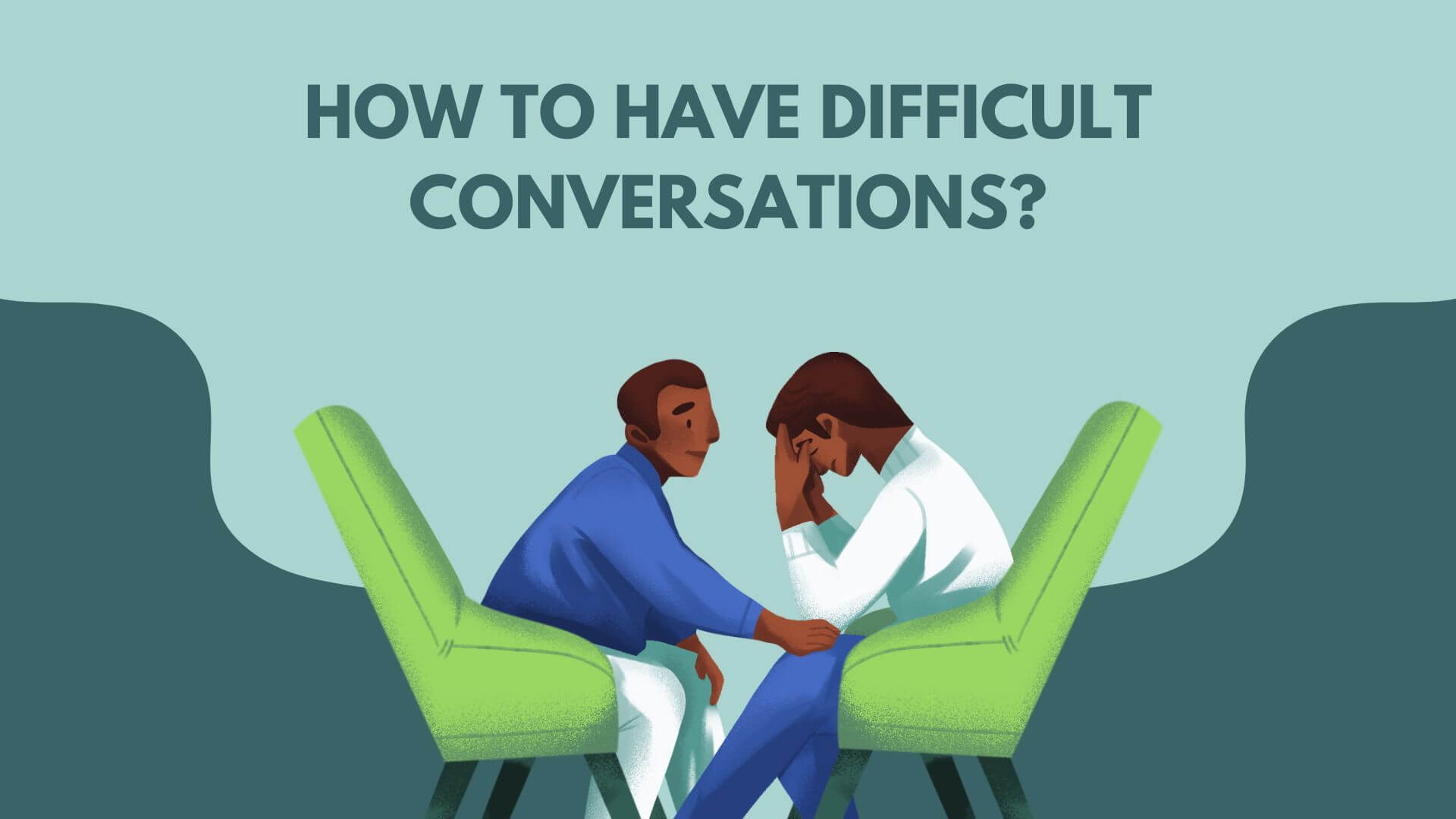Proper communication is crucial if you are looking for a healthy relationship. And that applies whether you’re viewing it from a personal or professional perspective. While some conversations can be easy to start, others require courage, confrontation, or a condor approach. And this is the occasion where Tough Talk plays an important role. You need it when the stakes are high and honesty is non-negotiable.
Why it’s important sometimes
Promotes Authenticity
Tough talk plays a vital role if you are looking for an authentic relationship. Oftentimes, we tend to avoid uncomfortable conversations that play a critical role in our relationship, as a result, we end up with misunderstanding and resentment. However, when you take the difficult path and address these issues, you and your partner will benefit from clarity and mutual respect.
Inspires Growth
Tough talks encourage you to face your fears, assumptions, beliefs, and behaviors. In general, it encourages you to face the fears that often prevent you from growing. During this moment, you get inspired to step out of your comfort zone and the result is professional and personal development.
Strengthen Trusts
While tough conversations can be uncomfortable, they can positively impact trust. Yes, you heard that right. However, for this to be true, you need to approach these conversations with integrity and respect. Not to mention, both parties must be willing to invest in the relationship and make it work. As a result, you’ll cultivate trust that will help you have more open communications.
Address Underlying Issues
Unresolved issues as little as they may seem can grow and become problems in the future. Therefore, whether the issue is personal or workplace-related, ensure you address it accordingly. Remember, avoiding it doesn’t mean it’s resolved. Thanks to tough talks, you can resurface such issues and address them once and for all.
How to do:
Are you ready to have tough conversations but don’t know where to start? Well, we’ve got you covered. Just follow these tips:
Be Clear during the Preparation
Before you start this conversation, ensure you have a specific goal in mind that you want to achieve. It will guide you on the right steps to take ahead or how to handle the situation if doesn’t work out as you planned. That said, ask yourself questions like- What are you trying to achieve? How are you planning to stay focused on your objective? Through adequate preparation, you can handle your emotions in advance and prevent them from being part of the conversation.
Pick and Ideal Time and Place
Remember that context plays a vital role when having a difficult conversation. It sets the tone of the conversation. Therefore, you should set a time and place that will enable both parties to feel calm and ready for a productive conversation. As a pointer, choose a private area if the talk is sensitive. Also, ensure the environment is neutral to inspire a sense of openness and safety.
Employ Active Listening
Listen more and talk less. Remember, tough talk applies to both ends. So, as much as you want to be heard, the other party expects the same courtesy. Give them time to share their thoughts, acknowledge their emotions, and avoid interruption. Thanks to active listening, the potential for confrontation will be less even if you will not agree at the end.
Remain Respectful and Calm
We cannot rule out emotions during tough conversations. If anything, there’s a chance they’ll run high and want to take over the conversation. Therefore, try by all means to avoid personal attacks and losing your temper. Instead, direct your focus to the issue at hand instead of the person or people you are having this conversation with.
Provide Solutions
At the end of this conversation, offer solutions instead of criticisms or blame games. You can suggest possible solutions and even offer to collaborate when implementing them. Also, you should offer the same courtesy to your counterpart. If they have a possible solution, you should offer a helping hand instead of criticizing it.
Follow Up
After agreeing on the possible solutions, the conversation doesn’t end there. Each party should follow up to ensure that the solution you agreed upon is getting implemented. Following up means you’re committed to resolving the matter permanently.
Final Take
While tough talk promises great rewards when it comes to results, it’s not as simple as it looks. It can be uncomfortable, especially if you are doing it for the first time. But even so, it’s always important to focus on the benefits which often outweigh the difficulty of starting this talk. In a personal setting, it enables you to benefit from stronger connections, mutual respect, trust, and intimacy. On the professional level, on the other hand, it promotes the tradition of transparency and accountability.


